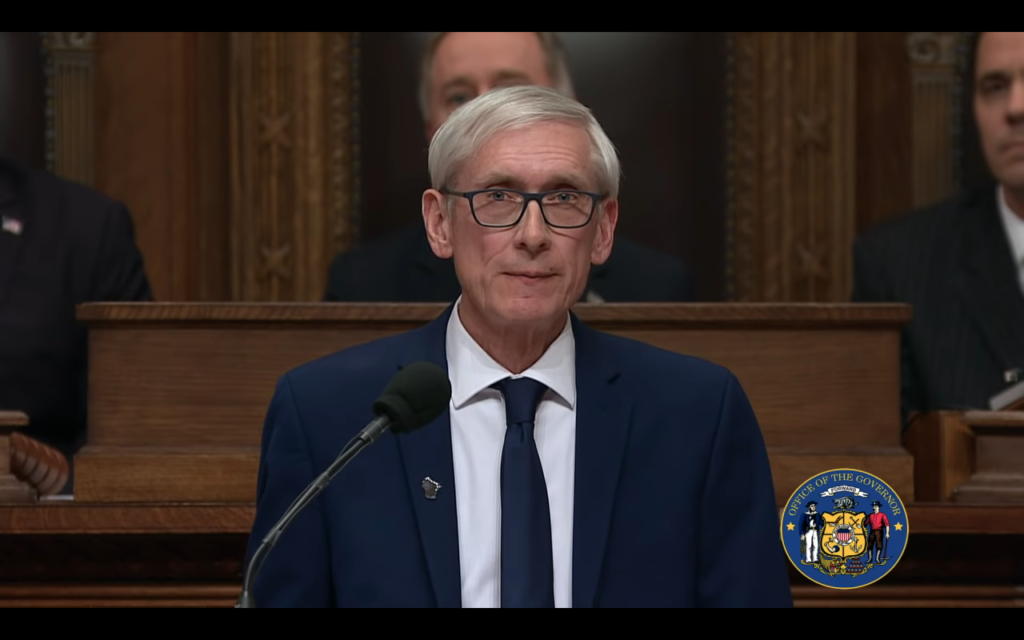Gov. Tony Evers will propose erasing a wait list for a state program serving children with disabilities in his budget Thursday.
He’ll also propose allowing the state to contract with foreign drug makers to import generic prescription drugs into Wisconsin.
The initiatives are among the programs that would be funded at least in part by expanding Medicaid, a move that Evers’ will also propose in his address.
According to information provided by the governor’s office, expanding Medicaid will cover 82,000 more Wisconsinites in the program and save the state $320 million.
Evers is also hoping to streamline the intake, application and screening functions for the Children’s Long-Term Support program.
Gov. Scott Walker provided funding to eliminate the wait list for the program in his last budget. But Evers’ office said that Walker’s plan was “unable to accomplish” that.
The budget would also allow the Department of Health Services to contract with foreign drug manufacturers to bring generic drugs into Wisconsin. The cost of the program is currently unknown, according to the proposal, but copays for the drugs would help fund the program.
Imported drugs, under the proposal, must have less than four domestic competitors and manufacturers must be in compliance with certain federal regulations regarding the safety of each drug.
Also included in the budget is funding for a program that will seek to make prescription drug pricing more transparent.
The program would be run by the Office of the Commissioner of Insurance and would require drug manufacturers to report drug price increases.
Additionally, OCI would also regulate pharmacy benefit managers in the state and require them to publicly report their negotiated price reductions of prescription drugs.
A group of bipartisan lawmakers proposed similar legislation on pharmacy benefit managers this week.
Evers’ previously announced women’s and infant health initiative and a plan to expand dental access across the state would also be funded, at least partly, by federal funds under Medicaid expansion. The programs would cost $28 million and $43 million, respectively.
